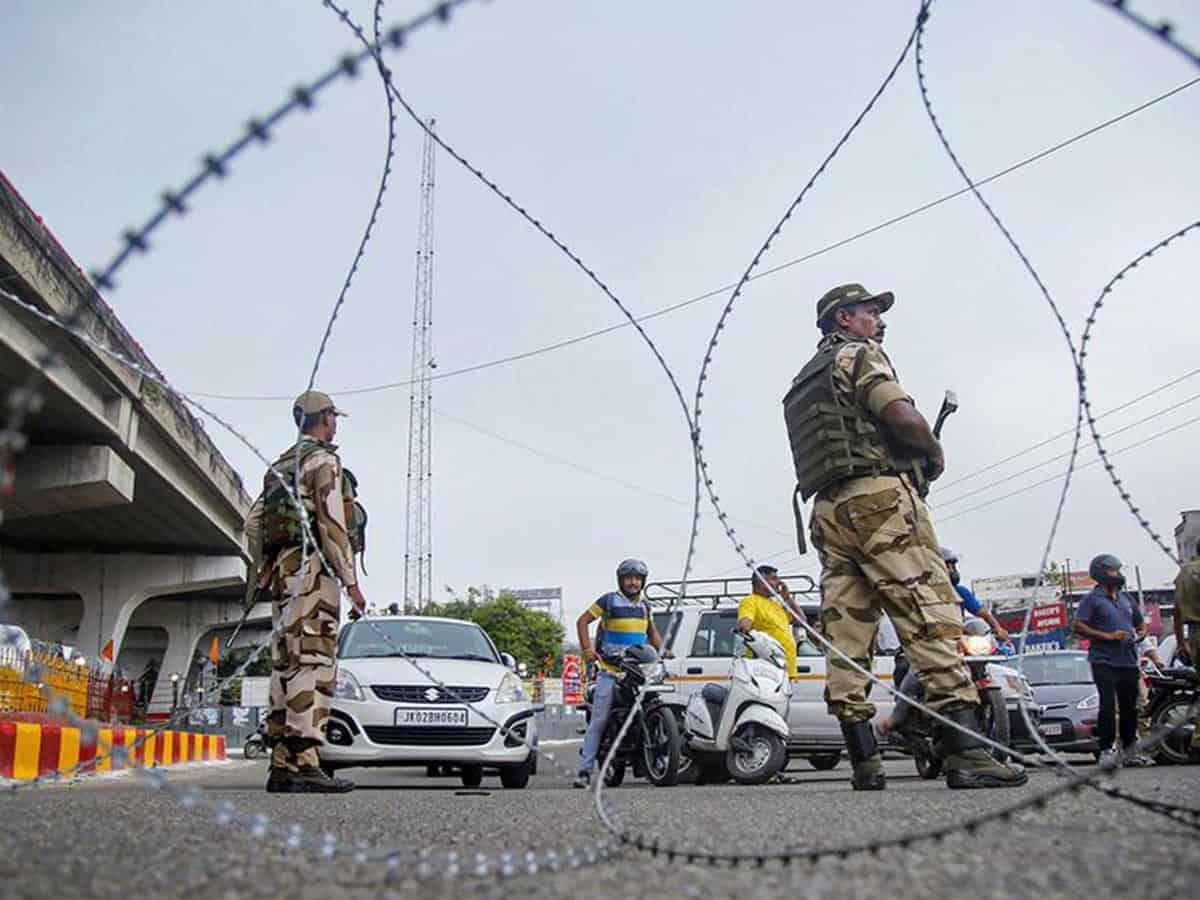Two experts from the office of the United Nations High Commissioner for Human rights have urged the Indian government to ensure that the rights of the people of Kashmir are safeguarded.
As reported by the Associated Press, the experts made the statement last Thursday, the same day when a group of diplomats from 20 different countries concluded their two-day visit to the region.
The two experts, Fernand de Varennes, Special Rapporteur on minority issues and Ahmed Shaheed, Special Rapporteur on freedom of religion or belief, made the statement in light of the authoritarian measures imposed on the region after the abrogation of article 370, the move responsible for stripping away special status to Kashmir.
They said that the changes “could curtail the previous level of political participation of Muslims and other minorities.” They also expressed concerns about demographic changes in the region.
A spokesperson for the Ministry of External Affairs, Anurag Srivastava condemned the statement and said that it “disregards the fact” that Kashmir “is an integral and inalienable part of India.” He added that the decision to revoke the special status of the region was approved by the Indian parliament and that the concerns over demographic changes are “baseless.”
Srivastava accused the diplomats of making their statements without waiting for the government’s response. He said that the experts had sent the government a questionnaire on February 10 and “did not even wait for our response.”
However, this isn’t the first time the government has been grilled by the United Nations Human Rights Council (UNHRC) over Kashmir. In December 2020, a group of seven rapporteurs, on behalf of UNHRC sent a letter to the Indian government expressing concerns over the National Investigation Agency (NIA) and the arbitrary use of repressive laws like the Unlawful Activities Prevention Act (UAPA) to incriminate lawyers, journalists, and other citizens standing up for human rights in Kashmir.
The letter tried to draw attention to the “intimidation tactics” used during raids by national security agents in Kashmir. The Association of Parents of Disappeared Persons (APDP) and its chairperson Parveena Ahangar, the Jammu & Kashmir Coalition of Civil Society (JKCCS), and its coordinator Khurram Parvez, journalist Parvaiz Ahmad Bukhari and the office of the local newspaper Greater Kashmir were among the targeted.
The rapporteurs highlighted the human rights violations committed by the NIA in the name of UAPA, a draconian law that allows warrantless raids and arrests for up to 6 months when the person is designated as ‘terrorist’, solely based on suspicion.
The experts highlighted that the implementation of such draconian laws contravenes Article 12 of the Universal Declaration of Human Rights and Article 17 of the International Covenant on Civil and Political Rights, ratified by India on 10 April 1979, which prohibit arbitrary interference in private matters including home and correspondence.
They sought clarification from the Indian government on behalf of the UNHRC, on all the issues brought to their attention.
However, the UNHRC did not make the government’s response to the letter public. The Indian government has not made any public statement on the letter as of now.

